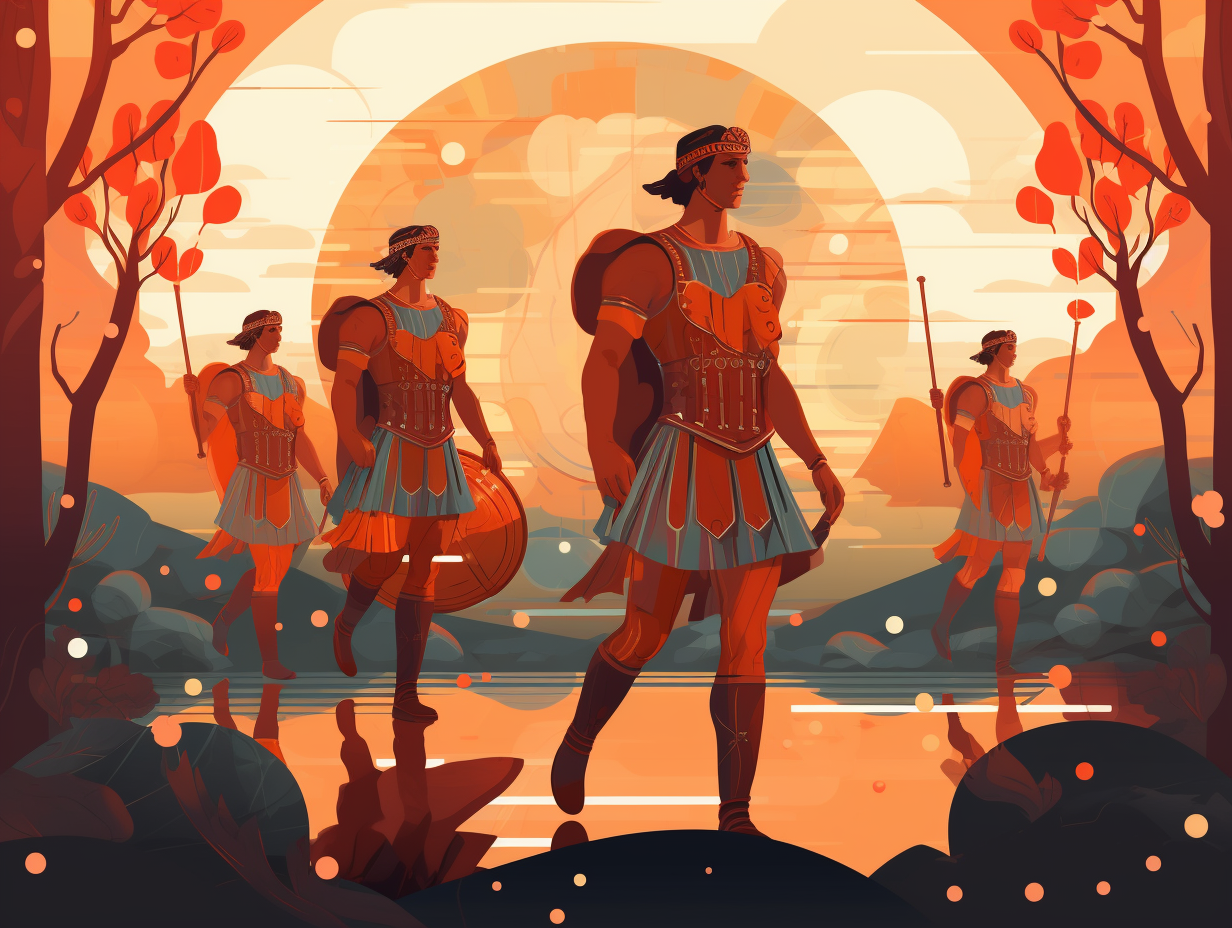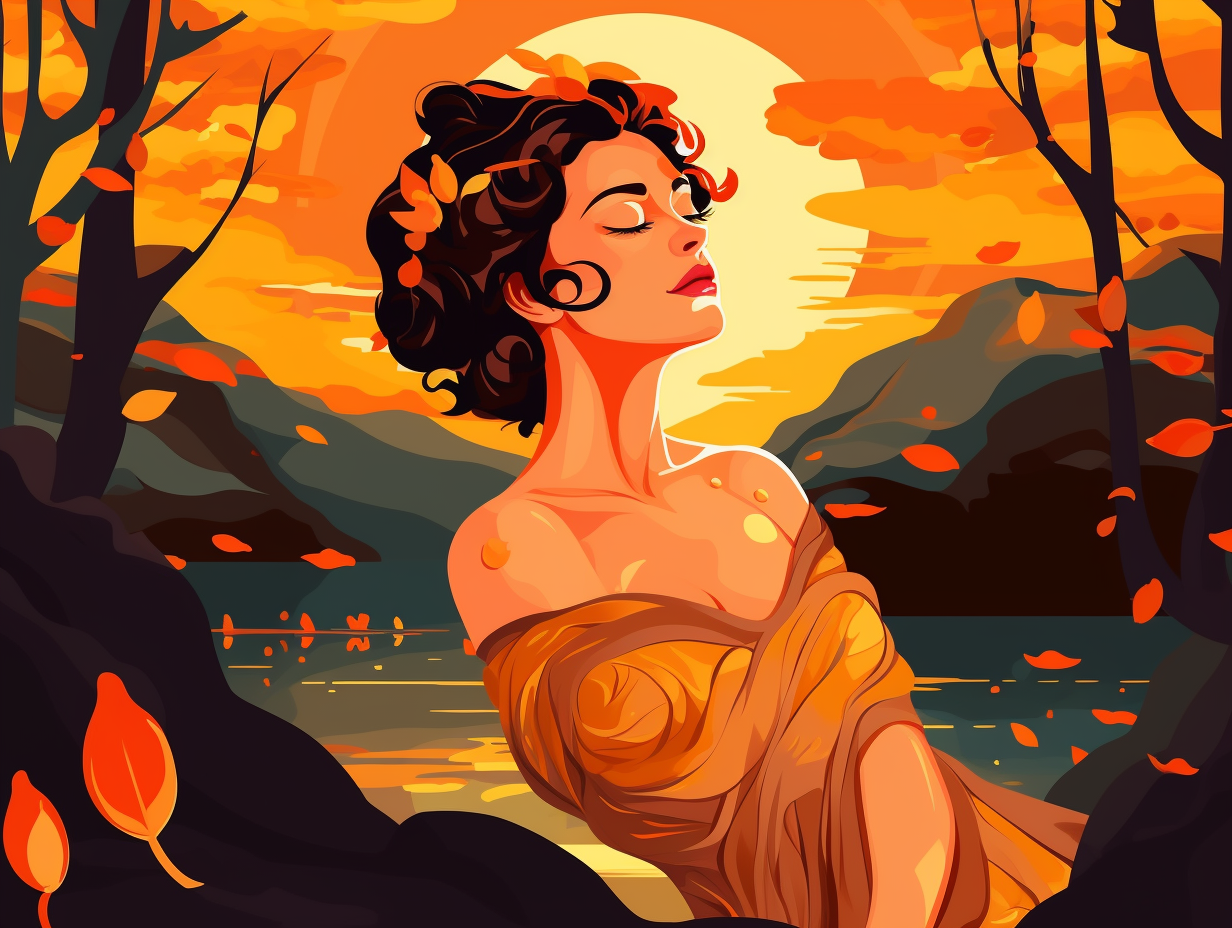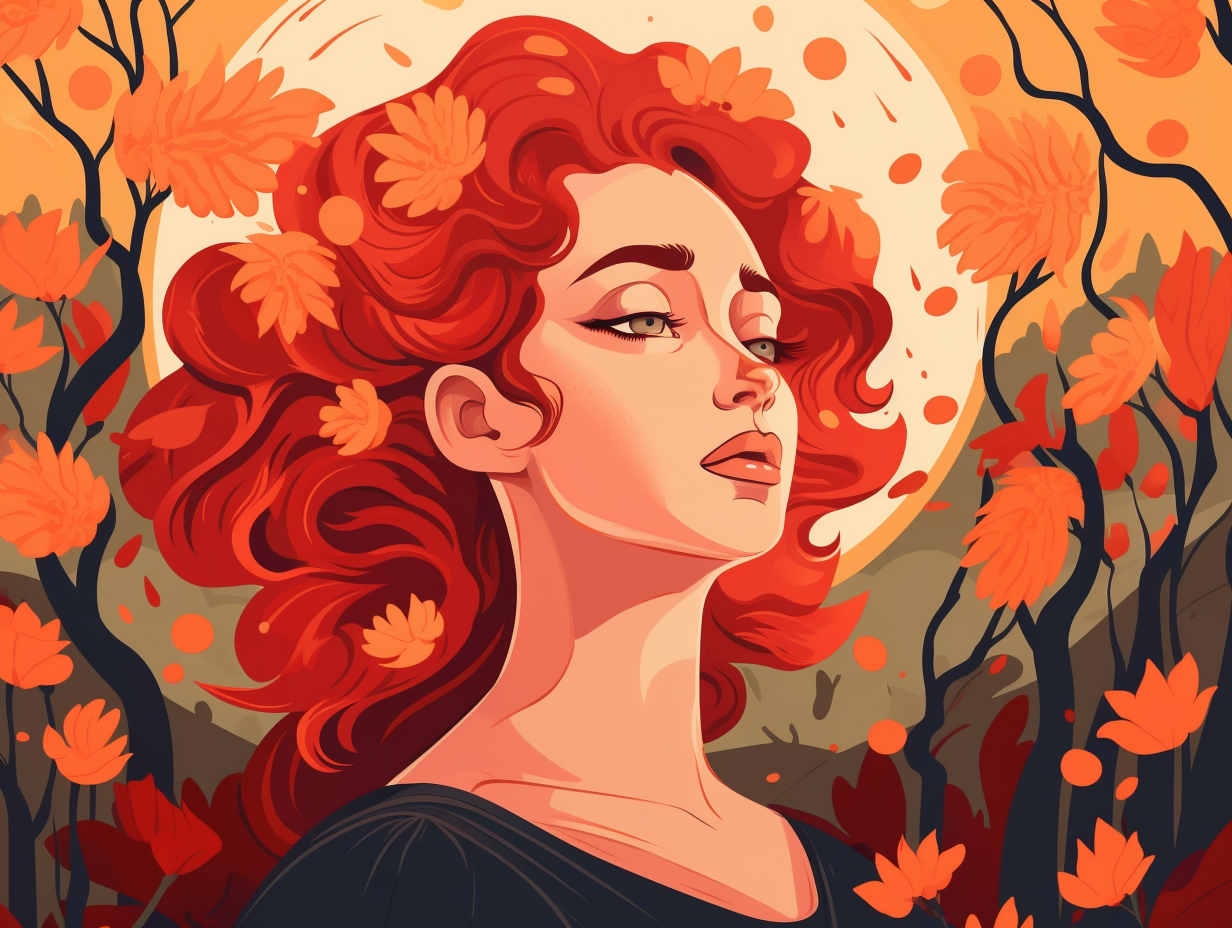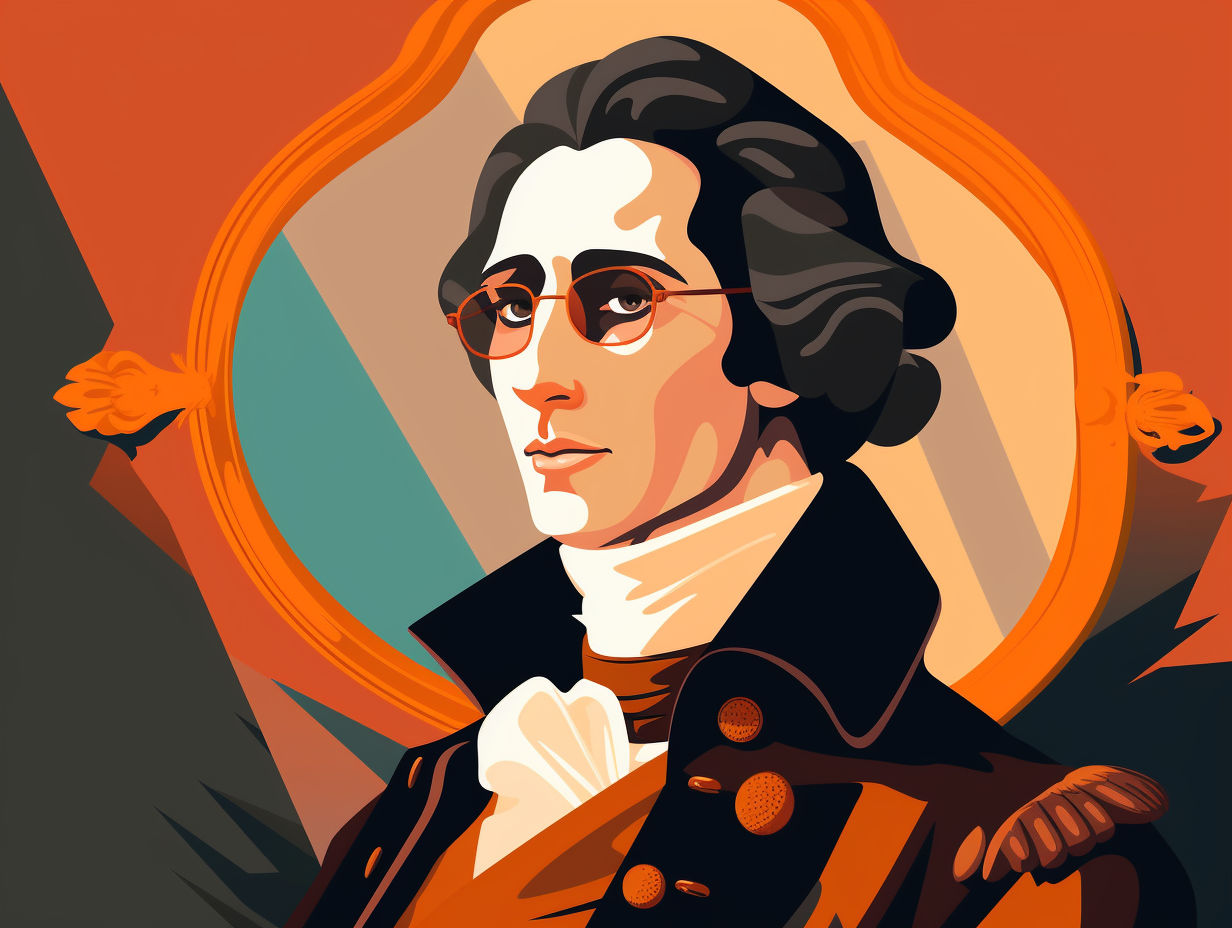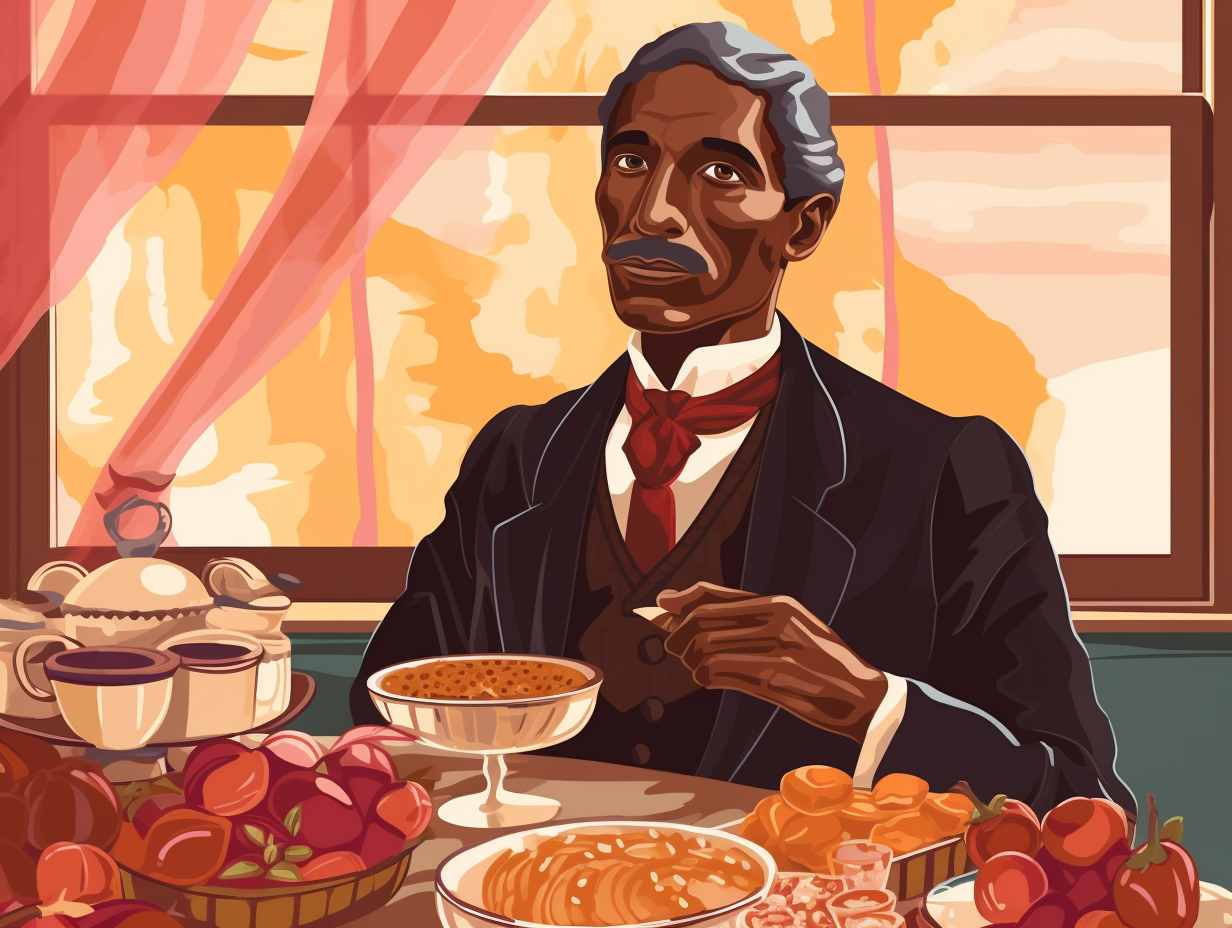Discover the Wisdom: Top 10 Fun and Fascinating Facts about Minerva
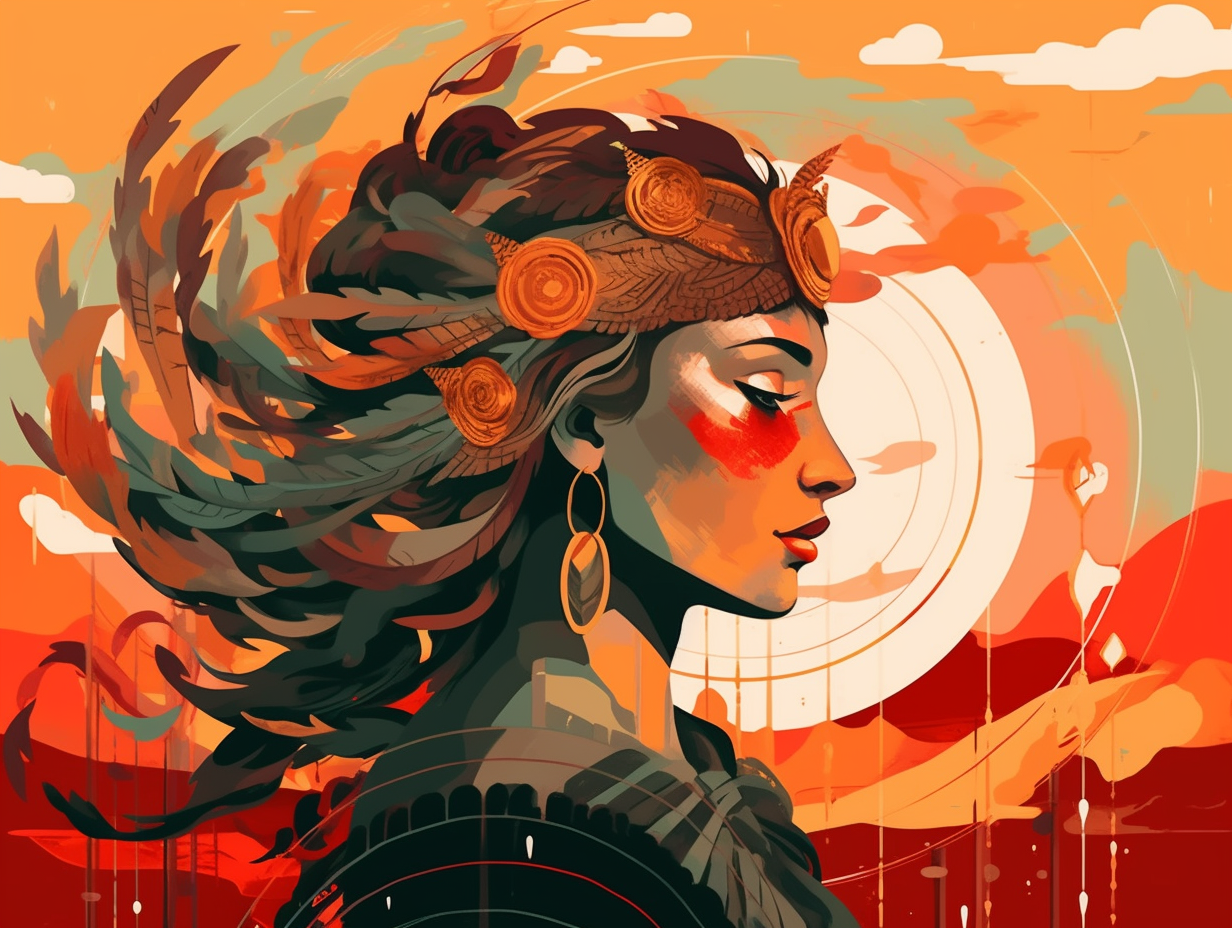
1. Minerva's Owl Sidekick
Whoever said "wise as an owl" must have had Minerva on speed dial! That's right, the Roman goddess of wisdom had her own feathery sidekick that was much more than just a know-it-all mascot: In Roman mythology, Minerva's owl symbolized not only wisdom but also knowledge, culture, and discernment. This dynamic duo was so emblematic that they even graced the cover of the DHC journal, Minerva's Owl, showcasing interdisciplinary works by current students. It's like Batman and Robin, but with togas and scrolls!
Source => cwu.edu
2. Minerva: Renaissance Woman
Feeling crafty and in the mood for a battle royale? Look no further than the ancient Roman goddess who has it all: Minerva was not only revered for her wisdom and strategic war tactics, but also celebrated as the patron deity of crafts and arts - complete with her very own five-day festival called Quinquatria, which was dedicated to artisans and craftsmen. Talk about being a true Renaissance woman before it was cool!
Source => en.wikipedia.org
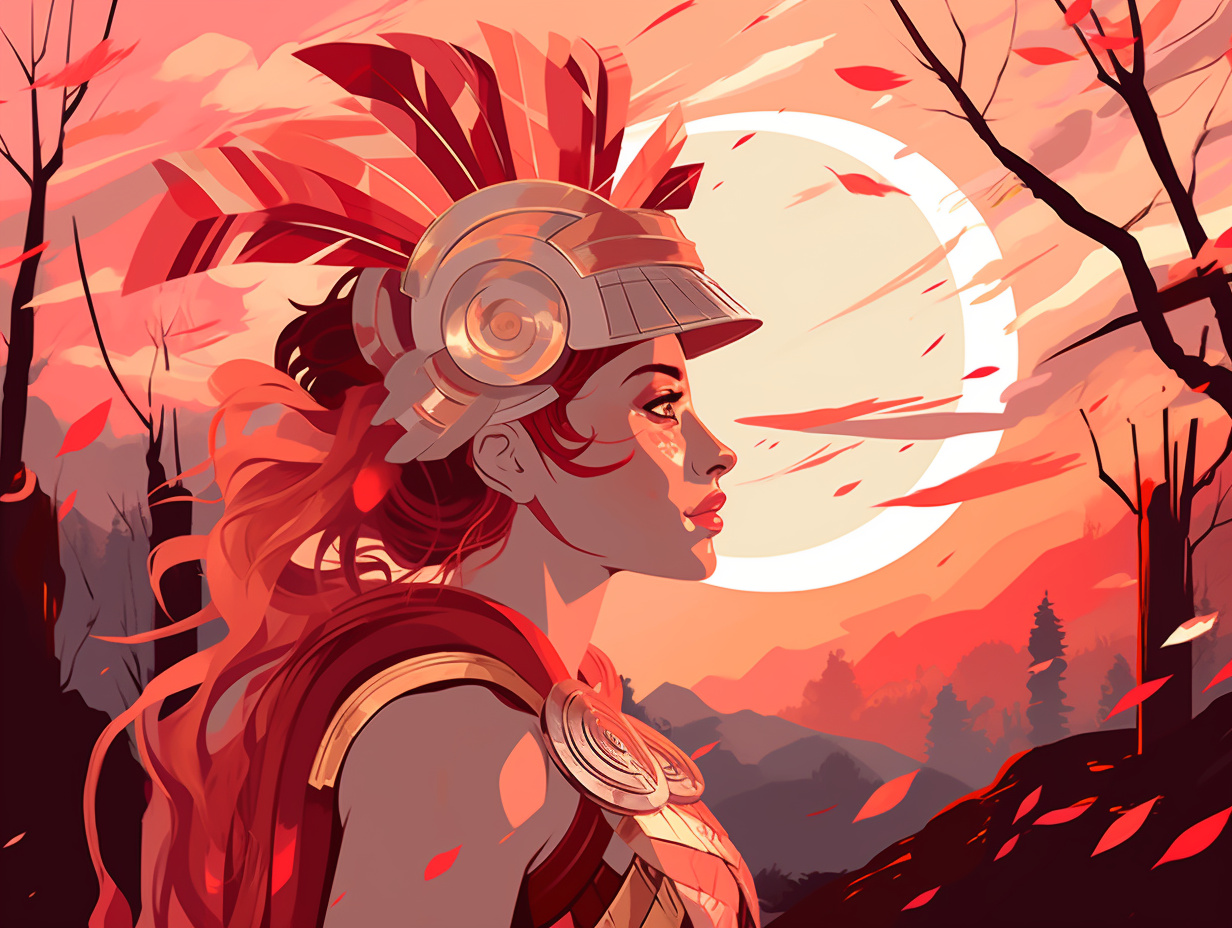
Did you know Athena, goddess of wisdom, was born from Zeus's splitting headache after he swallowed her mother, Metis? She may not have been a warrior princess from birth, but her nymph-guided childhood turned her into the fierce goddess we know today! Dive into more fascinating facts about Athena's birth and upbringing.
=> Fun Facts about Athena
3. Owl of Minerva: Wisdom Symbol
Whoever said "wise as an owl" clearly had a hooty-licious inside scoop on ancient goddesses: Minerva, the Roman goddess of wisdom and strategic warfare, is often associated with the owl, a symbol of not just wisdom but also good judgment. This feathered friend of Minerva, known as the "Owl of Minerva," is a frequent wingman in many art pieces and sculptures that feature her divine presence.
Source => historycooperative.org
4. Lightning Thrower Minerva
They say lightning never strikes the same place twice, but when Minerva's around, all bets are off: this Etruscan goddess of war, art, wisdom, and medicine not only shares similarities with the Greek Athena, but throws lightning like a well-crafted party and has Italic moon goddess roots to boot!
Source => en.wikipedia.org
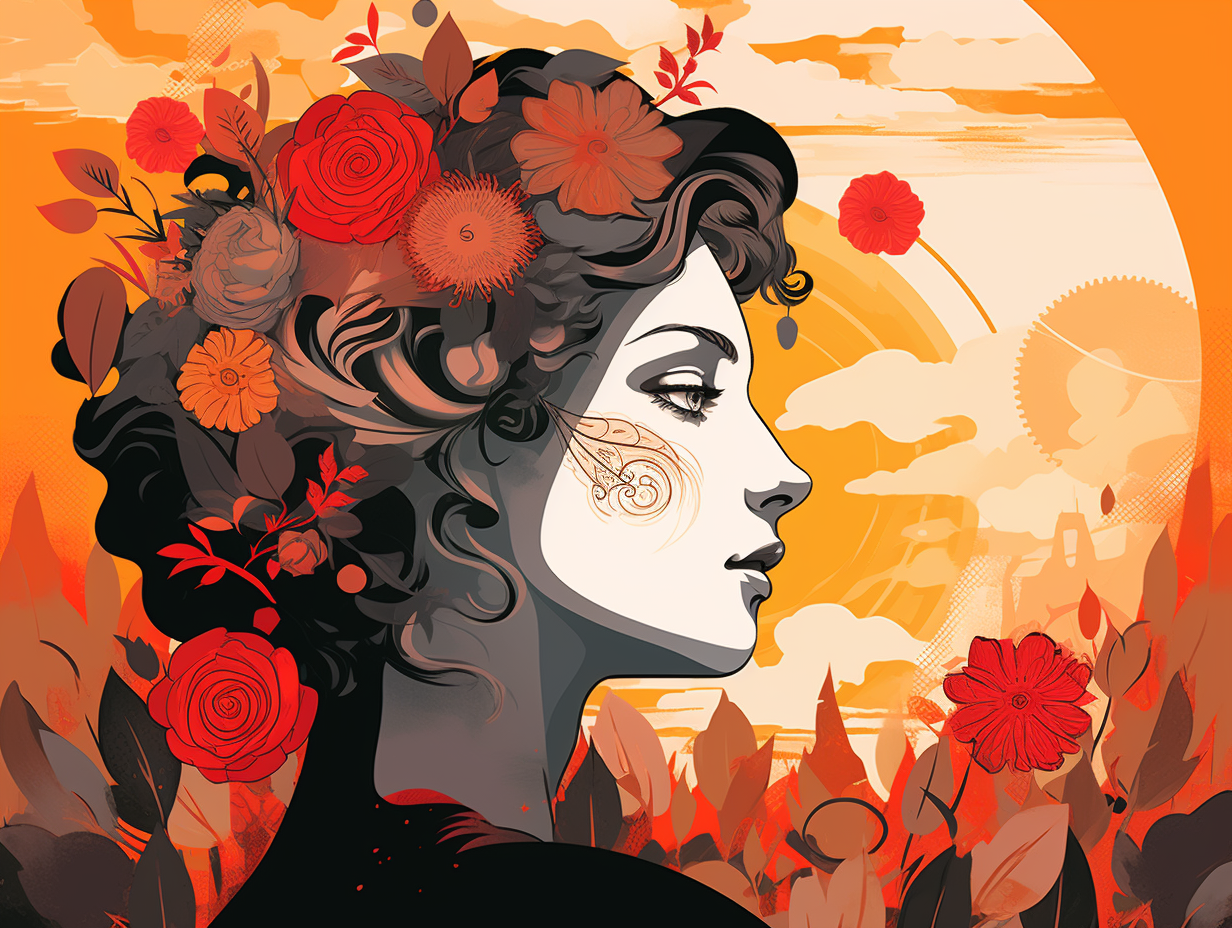
5. Popping Out of Jupiter's Head
Whoever said "two heads are better than one" obviously hadn't met Minerva, the Roman goddess who didn't need a mother since she popped straight out of dad's noggin: Born fully grown and armored from Jupiter's forehead, Minerva was the ultimate goddess-package, overseeing wisdom, strategic warfare, arts, trade, and crafts – all while sporting her stylish owl accessory, the symbol of knowledge.
Source => crystalinks.com
6. All-Wise, Owl-Toting Goddess
Who needs the School of Hard Knocks when Minerva's got you covered, all-wise and owl-toting? Well, flap your wings in awe: Minerva is the Roman goddess of wisdom, commerce, weaving, medicine, poetry, and the arts, who cleverly prefers strategic warfare over violence, with her trusty owl sidekick symbolizing her association with knowledge.
Source => en.wikipedia.org
7. The Weaving Rivalry
There once was a weaver whose tapestry was so divine that even the bull had an "a-moo-sing" case of identity crisis: Minerva, the goddess of war and art, found herself outwoven by Arachne, who had created a realistic depiction of Europa and the god in bull form. The divine rivalry took a messy turn when Minerva, irked by her defeat, shredded Arachne's masterpiece and assaulted her with a shuttle, sending the mortal into a despairing attempt to hang herself. But just as the threads of her life began to unravel, Minerva intervened, morphing Arachne into a spider and suspending her from a thread for eternity – a tale that spun itself into the art world and gave birth to Velázquez's painting "The Fable of Arachne."
Source => historytoday.com
8. Minerva's Green Thumb
Who knew Minerva had a green thumb and a flair for interior design deals? Her claim to fame came from a tree-mendous city planning competition: Minerva, or Athena in Greek mythology, created the olive tree during a contest with Neptune to determine the patron deity of a newly built city, providing the people with food, oil, and wood, elevating her to the role of city savior and making the olive tree a symbol of peace, wisdom, and prosperity.
Source => en.wikipedia.org
9. Patron of DIY and Warfare
Who said arts and crafts are all peace, love, and hot glue guns? Meet the divine patron of DIY who knows her way around a battlefield too: Minerva, the Roman goddess of war and wisdom, was also renowned for her mastery in arts and crafts, with artisans and craftsmen honoring her each year from March 19 to 23 during the celebrated festival, Quinquatria.
Source => en.wikipedia.org
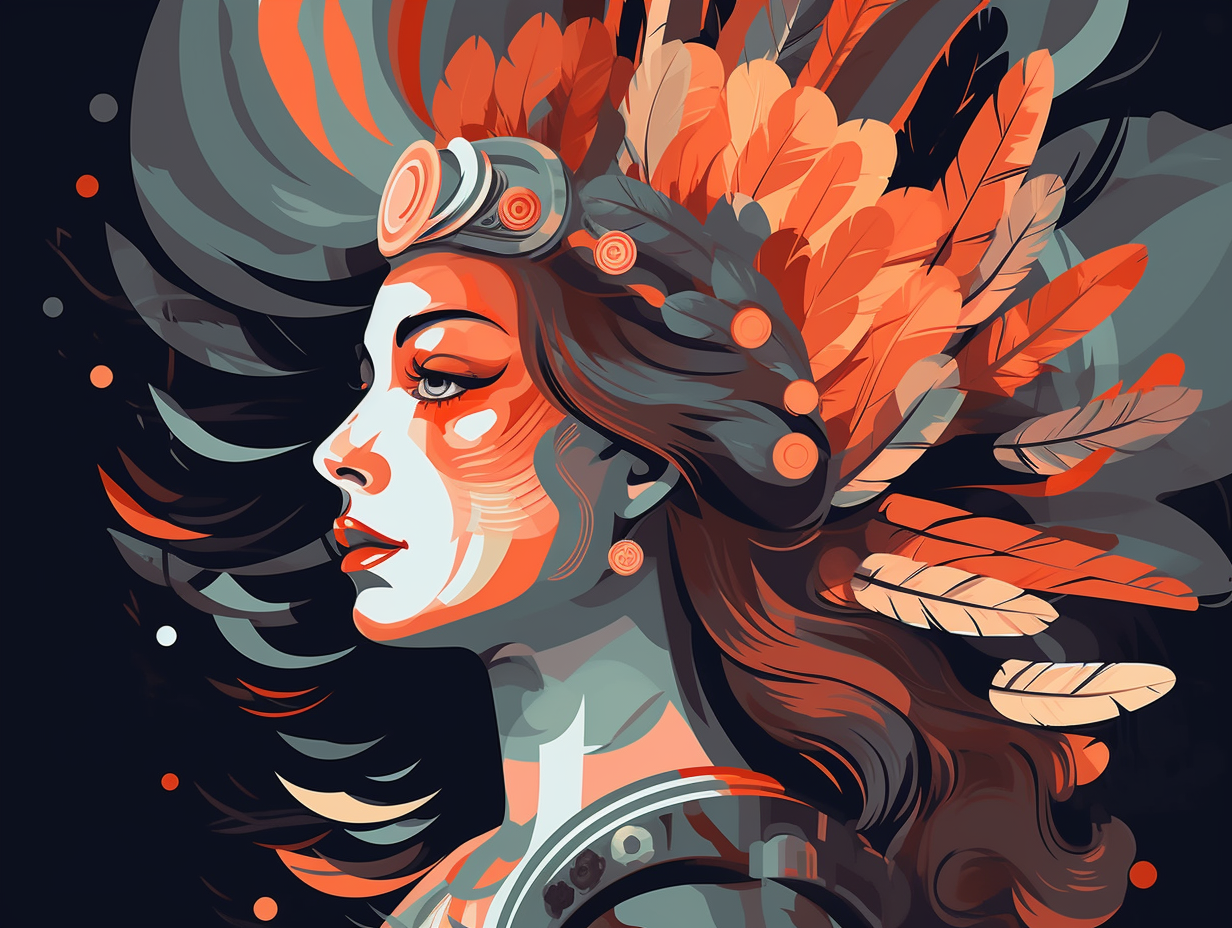
10. Queen of DIY and Crafts
Minerva, the original queen of DIY, was an ancient Roman goddess who could probably build a splendid villa while simultaneously knitting a toga: As a patron deity of crafts, Minerva wasn't just about traditional feminine crafts like weaving, but also played a vital role in guiding blokes through their manly endeavors in carpentry and masonry.
Source => mythologysource.com
Related Fun Facts


